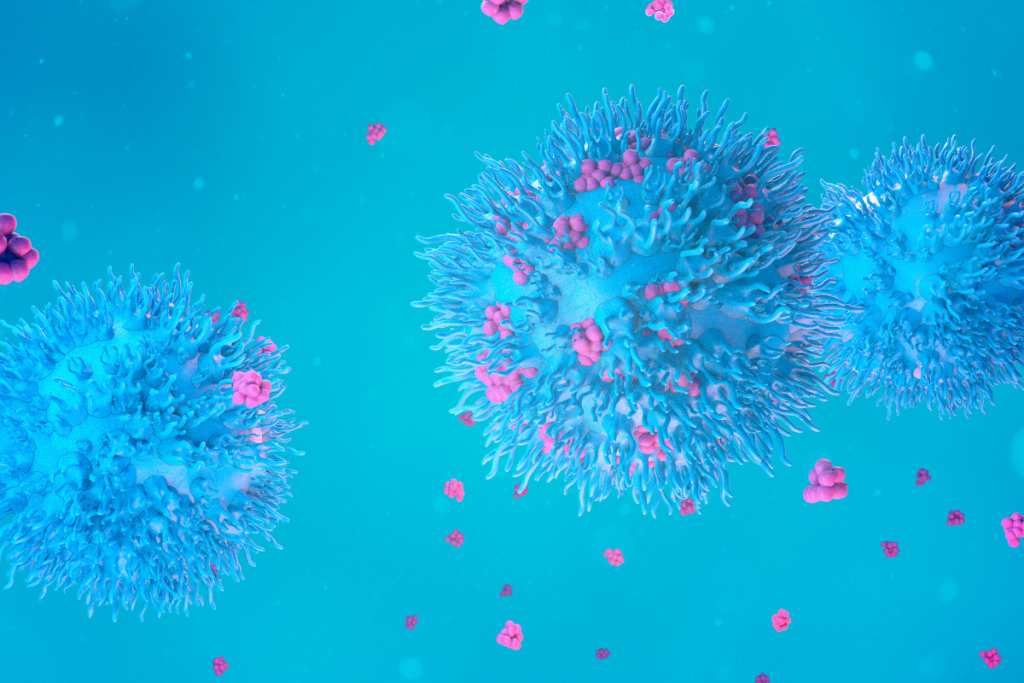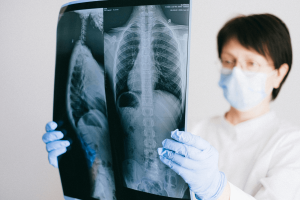
The effectiveness of immunotherapy in prostate cancer (PCa) remains limited, largely due to the cold tumor microenvironment (TME) that characterizes this prevalent disease. Potential targets for immunotherapy include neoantigens resulting from non-synonymous mutations. As of 2022, PCa was the fifth leading cause of cancer-related deaths globally. Following surgical intervention, radiation, chemotherapy, targeted therapy, and immune-based treatments aim to stimulate the immune system to prevent tumor progression and metastasis.
Scientists used whole-exome sequencing to map the neoantigen landscape in the RM-1 mouse PCa model. Enzyme-linked immunospot (ELISpot) tests were used to evaluate the immunogenicity of the identified neoantigens. To assess the antitumoral efficacy and investigate the mechanisms for converting a “cold” TME into a “hot” one, in vivo neoantigen vaccination was conducted in mice.
The scientists found that the allele frequency of 62 mutations was more than 60%, along with 252 nonsynonymous somatic mutations observed in RM-1 murine PCa. RM-1 mice were immunized with neoantigen peptides to assess the immunogenicity and specificity of ten potential mutations. Three of these epitopes provided therapeutic effectiveness in the PCa murine model, while four exhibited significant immunogenicity. Bulk ribonucleic acid (RNA) sequencing and functional immunological tests revealed enhanced T cell infiltration and activation along with upregulation of immune-related genes, indicating a successful transformation of the “cold” TME to “hot”.
Sipuleucel-T is the first FDA-approved immunotherapeutic tumor vaccination that has been used in individuals with asymptomatic or minimally symptomatic castration-resistant prostate cancer (CRPC), highlighting the growing potential of immunotherapy in PCa. Streptomycin and 1% penicillin, along with 10% fetal bovine serum, were mixed in the medium, which was used to culture the cells at 37°C in 5% carbon dioxide (CO2). Prior to the experiments, a PCR mycoplasma detection kit was used to test the cell line cultures for mycoplasma-free status. Male mice aged 6 to 8 weeks were obtained from Vital River Laboratory Animal Technology Co., Ltd. in China. The mice were housed under specific pathogen-free (SPF) conditions, at a temperature of 20 °C-26 °C and 40%-70% humidity. Then collect and breed all the mice at the Institute of Zoology, Chinese Academy of Sciences.
To predict neoantigen candidates, NetMHCpan-4.0 and Immune Epitope Database (IEDB) were used, selecting peptides with percentile ranking values < 2% for further analysis. The wild-type peptides were 25 amino acids long, with the mutated amino acid at position 13. Neoantigen peptides were synthesized using the entire mutated amino acid sequence until they met the termination code, which was located at position 13.
Statistical analysis was performed using a one-way analysis of variance (ANOVA) for multiple group comparison and a two-tailed unpaired Student’s t test for comparison between two groups. Strong expressions were seen in RM-1 cell lines, but no mutant transcripts were found in these normal organs according to the results of Sanger sequencing and reverse transcription-polymerase chain reaction (RT-PCR).
The results highlighted that the neoantigen vaccines group with SV2, SV3, and SV4 significantly enhanced T cell infiltration and activation, effectively inhibiting tumor growth. Elevated expression levels of TNF-α and IFN-γ supported the enhanced immune activation in these vaccinated groups. Overall, the study provides compelling evidence that the neoantigen vaccination can reprogram the immune landscape of PCa, transforming it from a cold to a hot TME. This finding highlights the therapeutic potential for personalized neoantigen-based vaccines in PCa treatment, warranting further research and clinical translation.
Reference: Wang J, Guo R, Zhang L, et al. Reversing the “cold” tumor microenvironment: the role of neoantigen vaccines in prostate cancer. J Transl Med. 2025;23:835. doi:10.1186/s12967-025-06867-8














